Add to Wishlist
Organic Farming and Gardening: Systems and Approaches
By Ash Harris
Publisher: Alexis Press LLC
$135.00
ISBN 13: 979-8-89143-001-3
YEAR: 2024
eBOOK
Instant Delivery
SKU:
ALX-AG-001-3
Category:
Agriculture
Additional information
| Access Type | Download eBook, Read Only |
|---|
Be the first to review “Organic Farming and Gardening: Systems and Approaches” Cancel reply
You must be logged in to post a review.
Purchase now to read the book online.
Select optionsRelated products
Agriculture In Society
By Noel Frye
$135.00
Agrarian societies are dependent upon agriculture and have been around for more than 5,000 years. Imagine a society of farmers and you'll have a pretty good idea of what an agrarian society is all about. An agrarian society is a society whose economy and wealth are primarily based upon agriculture. Agrarian societies have been around for at least five thousand years. In fact, they still exist today. Nearly every civilization has spent some time as an agrarian society. The ancient Egyptian, Indian, Chinese, and Mayan societies were agrarian. Today, the poorest of the lesser-developed countries are pretty much agrarian societies.
Agriculture In Society
By Noel Frye
$135.00
Agrarian societies are dependent upon agriculture and have been around for more than 5,000 years. Imagine a society of farmers and you'll have a pretty good idea of what an agrarian society is all about. An agrarian society is a society whose economy and wealth are primarily based upon agriculture. Agrarian societies have been around for at least five thousand years. In fact, they still exist today. Nearly every civilization has spent some time as an agrarian society. The ancient Egyptian, Indian, Chinese, and Mayan societies were agrarian. Today, the poorest of the lesser-developed countries are pretty much agrarian societies.
History Of Agriculture
$135.00
Agriculture began independently in different parts of the globe and included a diverse range of taxa. At least eleven separate regions of the Old and New World were involved as independent centers of origin. The development of agriculture about 12,000 years ago changed the way humans lived. They switched from nomadic hunter- gatherer lifestyles to permanent settlements and farming.
History Of Agriculture
$135.00
Agriculture began independently in different parts of the globe and included a diverse range of taxa. At least eleven separate regions of the Old and New World were involved as independent centers of origin. The development of agriculture about 12,000 years ago changed the way humans lived. They switched from nomadic hunter- gatherer lifestyles to permanent settlements and farming.
The Science Of Vegan Food
$135.00
Agricultural Soil Science
$135.00
Prior to the development of pedology in the 19th century, agricultural soil science was the only branch of soil science. The bias of early soil science toward viewing soils only in terms of their agricultural potential continues to define the soil science profession in both academic and popular settings as of 2006.
Agricultural Soil Science
$135.00
Prior to the development of pedology in the 19th century, agricultural soil science was the only branch of soil science. The bias of early soil science toward viewing soils only in terms of their agricultural potential continues to define the soil science profession in both academic and popular settings as of 2006.
Agricultural Technology
$135.00
A major turning point for agricultural technology is the Industrial Revolution, which introduced agricultural machinery to mechanize the labor of agriculture, greatly increasing farm worker productivity. In modern mechanized agriculture powered machinery has replaced many farm jobs formerly carried out by manual labor or by working animals such as oxen, horses, and mules. Advances in the 19th century included the development of modern weather forecasting and the invention of barbed wire. Improvements to portable engines and threshing machines led to their widespread adoption.
Agricultural Technology
$135.00
A major turning point for agricultural technology is the Industrial Revolution, which introduced agricultural machinery to mechanize the labor of agriculture, greatly increasing farm worker productivity. In modern mechanized agriculture powered machinery has replaced many farm jobs formerly carried out by manual labor or by working animals such as oxen, horses, and mules. Advances in the 19th century included the development of modern weather forecasting and the invention of barbed wire. Improvements to portable engines and threshing machines led to their widespread adoption.
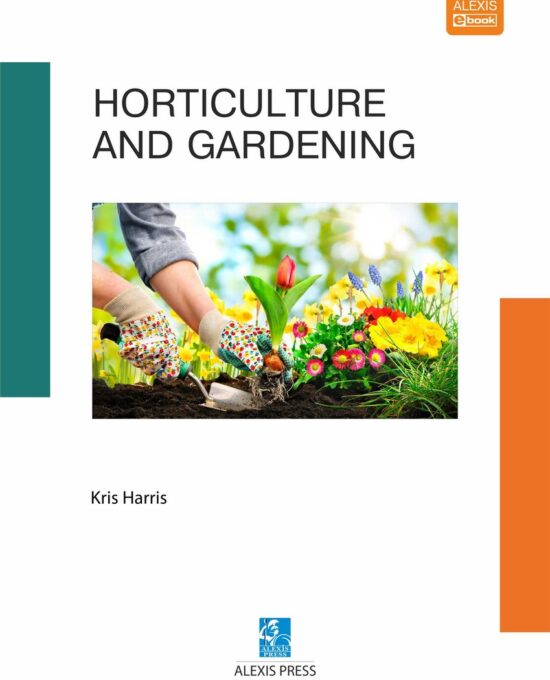
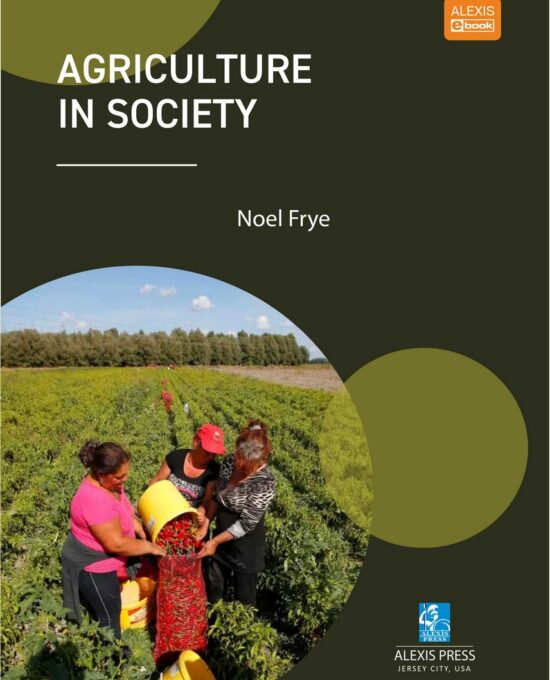
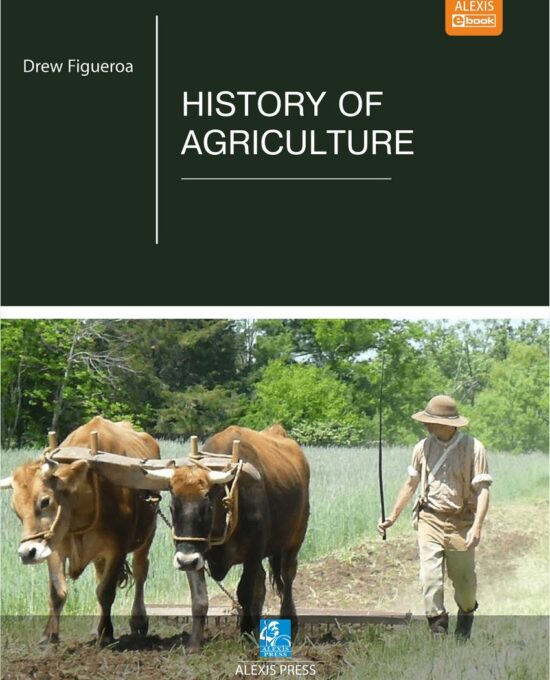

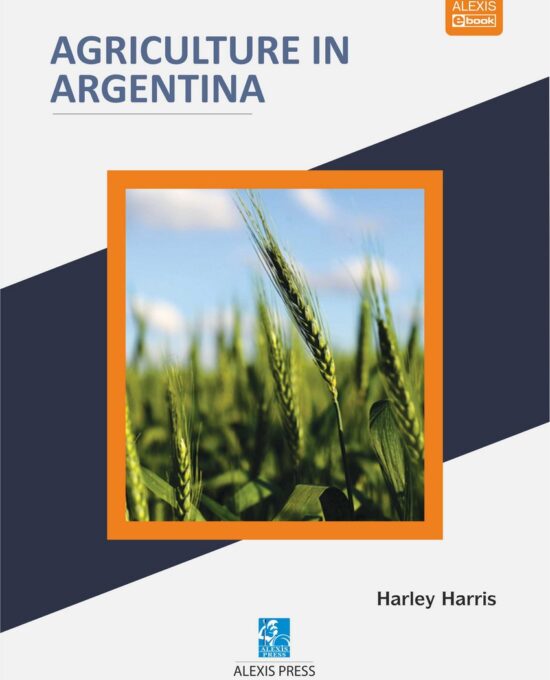
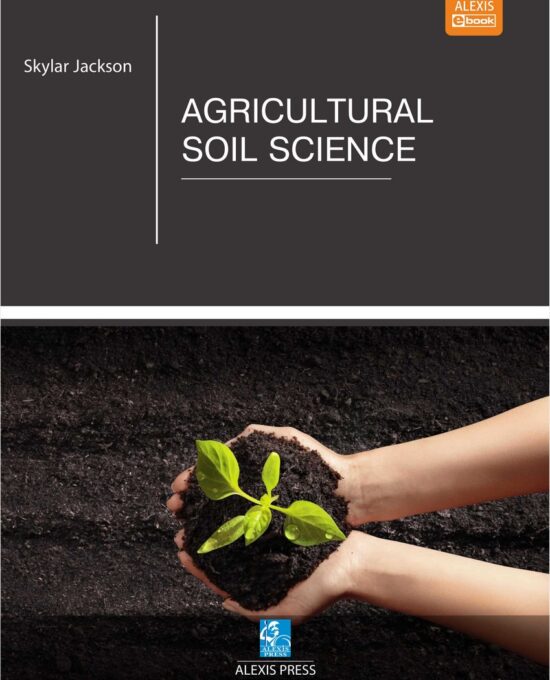
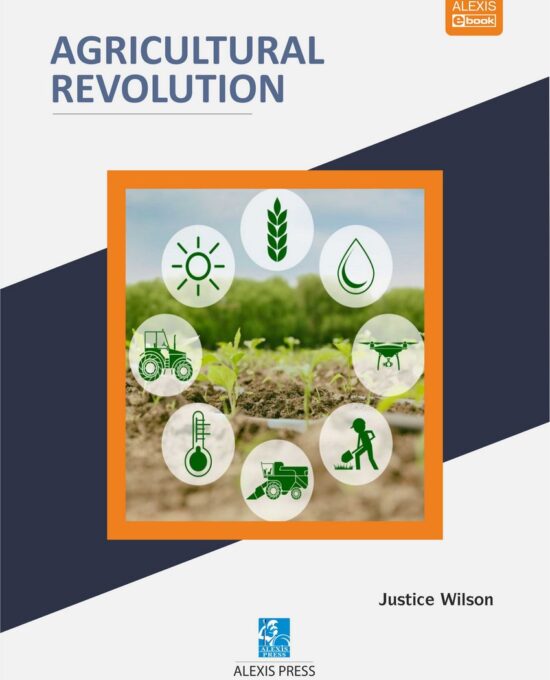
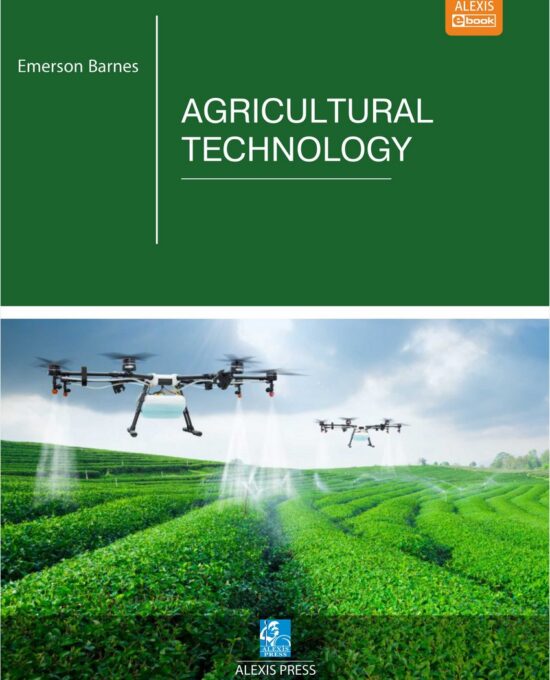
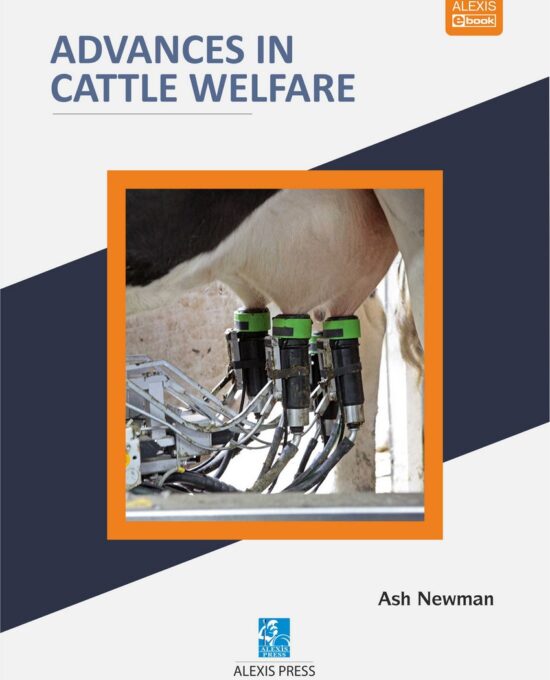

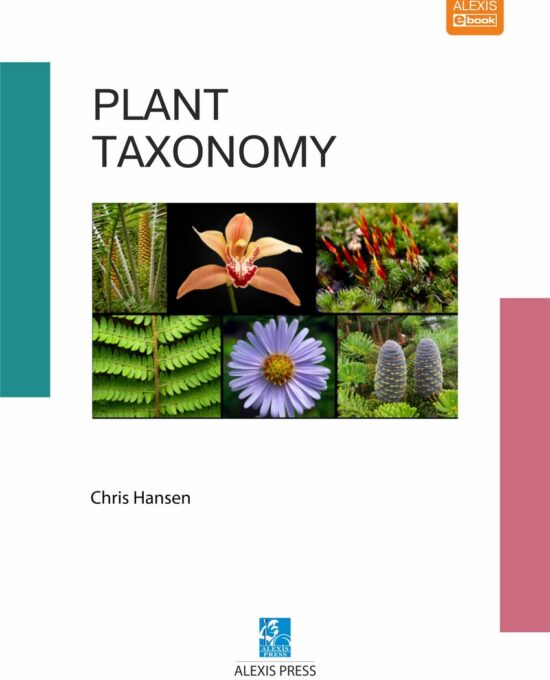

Reviews
There are no reviews yet.